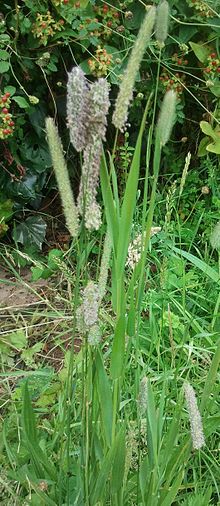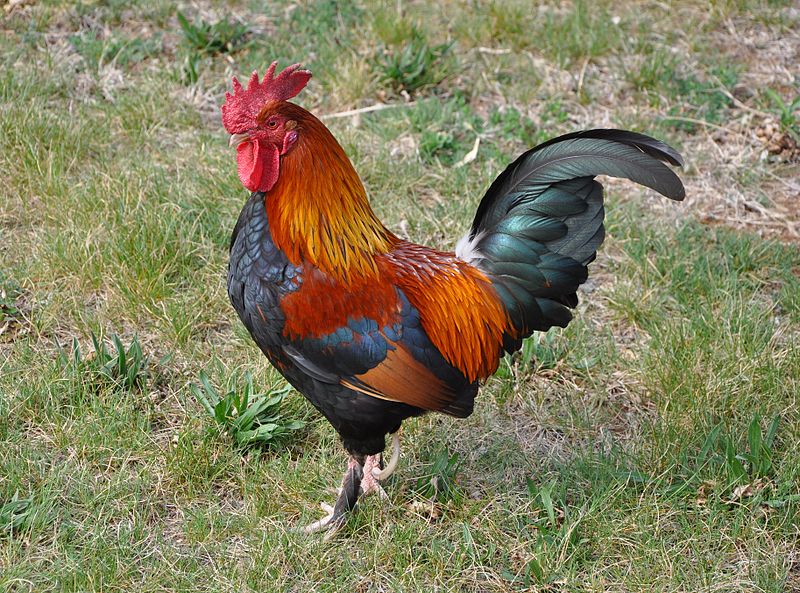I'm not aware of any great works of Art based on the idea of a Leap Year. There are various bits of doggerel about it, and a strange Belgian proverb which says that in a Leap Year the weather changes on a Friday (though everyone knows that, whatever sort of a year it is, if it's going to rain it's as likely as not to save it for the weekend).
So I'm afraid that doggerel it must be. This is from Poor Sir Robin's Almanac of 1792.
The leaping to which it refers involves getting up the courage and impetus to propose marriage.
This is Leap Year, and ancient proverbs say,
If lads don't leap this year, then lasses may.

Well, it almost scans, anyway.
Word To Use Today: Leap. This word comes from the Old English hlēapan.



















